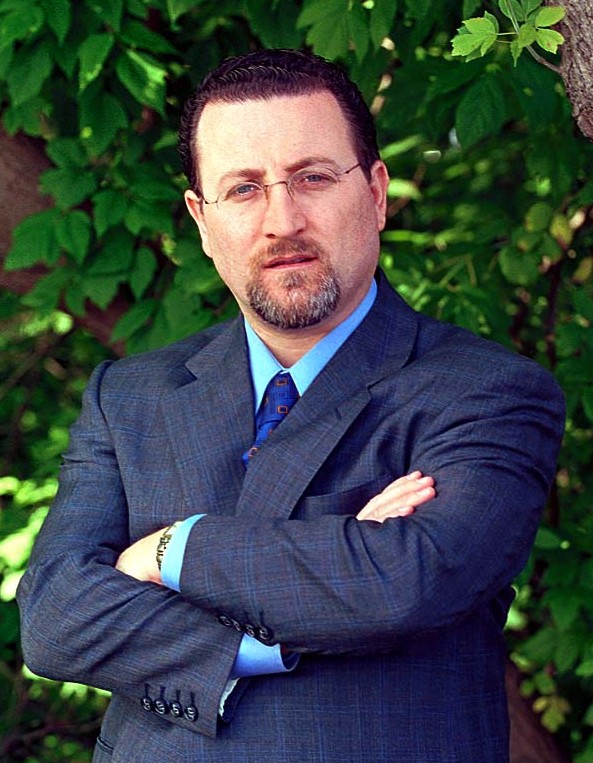|
Expert speaks at By Adrian Humphreys “Law enforcement officials everywhere agree that “ As anecdotal evidence, Mr. Nicaso read the transcript of a conversation, recorded by police, between Alfonso Caruana, a powerful Mafia boss serving a 18-years prison term in The annual take from organized crime in Mr. Nicaso was invited to speak at the summit, organized by the government of Mr. Nicaso is a consultant on organized crime for the FBI, the RCMP and Italian police. He sits on the advisory board of the Nathanson Centre for the Study of Organized Crime and Corruption at He attacked the federal government’s anti-gang legislation, Bill C-95, as ineffectual. The bill defines organized crime as a group of five or more criminals acting together. “If four Hells Angels work together in a drug trafficking ring, does the absence of the fifth member mean it is not a criminal organization?” he asked. The bill’s landmark test case, against members of a native street gang in “Rather than dealing with organized criminal activity it merely shows the government ineffectiveness and ignorance. The act, passed in 1997, has yet to score a single big hit and, in my personal opinion, is doomed to failure.” After Mr. Nicaso’s comment left the audience in awkward silence, Giuliano Zaccardelli, Deputy Commissioner of the RCMP, defended the federal record. “I just want to remind everyone that However, Deputy Commissioner Zaccardelli agreed that significant changes are needed to meet the challenges of organized crime. “Unless we are able to create a seamless body of police forces across the world, working with one another, we are not going to succeed, because the enemy has already done this,” he said. “We’ve been given a lot of tools. But [Bill] C-95 is not the answer to everything.” James Flaherty, Attorney-General of “We intend to be the first jurisdiction in “We want to say to organized crime that if you have gained property in He said the current Criminal Code provisions for seizing the proceeds of crime after a successful prosecution “hasn’t done very well in terms of discouraging organized crime in Asset forfeiture occurs so many years after charges are laid that it is “a meaningless deterrent,” Mr. Flaherty said. He also promised to fund special forces of police officers, forensic accountants and special prosecutors to attack the growing organized crime problem in Mr. Nicaso had several suggestions for the policy-makers, including: Creating a national, integrated policing strategy that sees all related agencies working as one to attack gangsters; Enacting a broad law, similar to the U.S. Racketeering Influenced and Corrupt Organizations (RICO) Statute, that helps government agencies dismantle an entire criminal enterprise; Directing the courts to pay special attention to mobsters, including additional sentences for criminal association and eliminating parole for drug traffickers; Entrenching a better definition of organized crime in federal law; Vigorously seizing criminal assets and giving the money to police to fund the fight against organized crime. |
